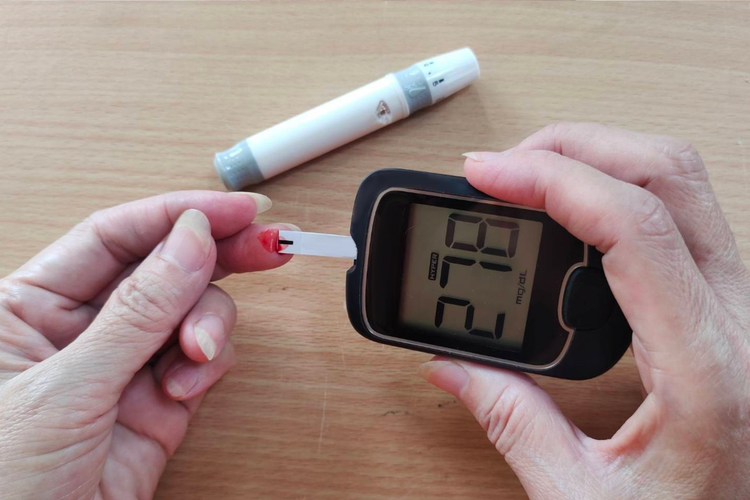Kompas.com – Sugar is part of a daily diet, but excessive consumption can have a negative impact on health.
Eating too much sugar can cause various health problems, such as premature aging, tooth decay, weight gain, obesity, diabetes, and heart disease.
Although sugar can provide energy for the body, especially for those who actively exercise, many processed foods that contain additional sugar in large quantities.
Also read: The Sweetness of Cilembu Sweet Potatoes Safe for Blood Sugar, as long as …
This additional sugar often only provides empty calories without adequate nutritional value, so that it can cause excessive calorie intake.
How much sugar is safe to consume?
The World Health Organization (WHO) suggested that adults should not consume more than 30 grams of additional sugar per day, or equivalent to about seven teaspoons of sugar.
Information on the food label often only includes “total sugar” which includes natural and additional sugar.
Therefore, it is important to recognize various sugar names in the list of ingredients, such as those ended in “-ose” or certain syrups such as corn syrup and rice syrup.
How many healthy fruits for consumption?
We are advised to consume a minimum of five servings of fruits and vegetables every day, with more emphasis on vegetables.
Eating two to three pieces per day is considered sufficient, especially if combined with a source of protein and healthy fats such as nuts, peanut butter, or cottage cheese to slow down the absorption of sugar into the blood.
Fruit is generally healthier than refined sugar because it contains fiber, vitamins, and minerals.
Also read: Foods To Lower Blood Sugar, Right On New Year’s Eve
However, fruit juice should be limited to only one small glass (150 ml) per day because the fiber content has been reduced, so that sugar is absorbed faster by the body.
Some fruits such as apples and berries have a lower impact on blood sugar levels compared to tropical fruits such as mangoes and pineapple which have a higher sugar content.
Some symptoms that may arise due to excessive sugar consumption include:
- Dizzy
- Easy to get angry
- Mild headache
- Tense and anxious
When blood sugar levels fall, the body will want more sugar to restore energy, creating a cycle of dependence on sugar.
 Illustration of Blood Sugar 200
Illustration of Blood Sugar 200To avoid this, you should eat foods in small portions regularly and choose foods with low glycemic indexes.






